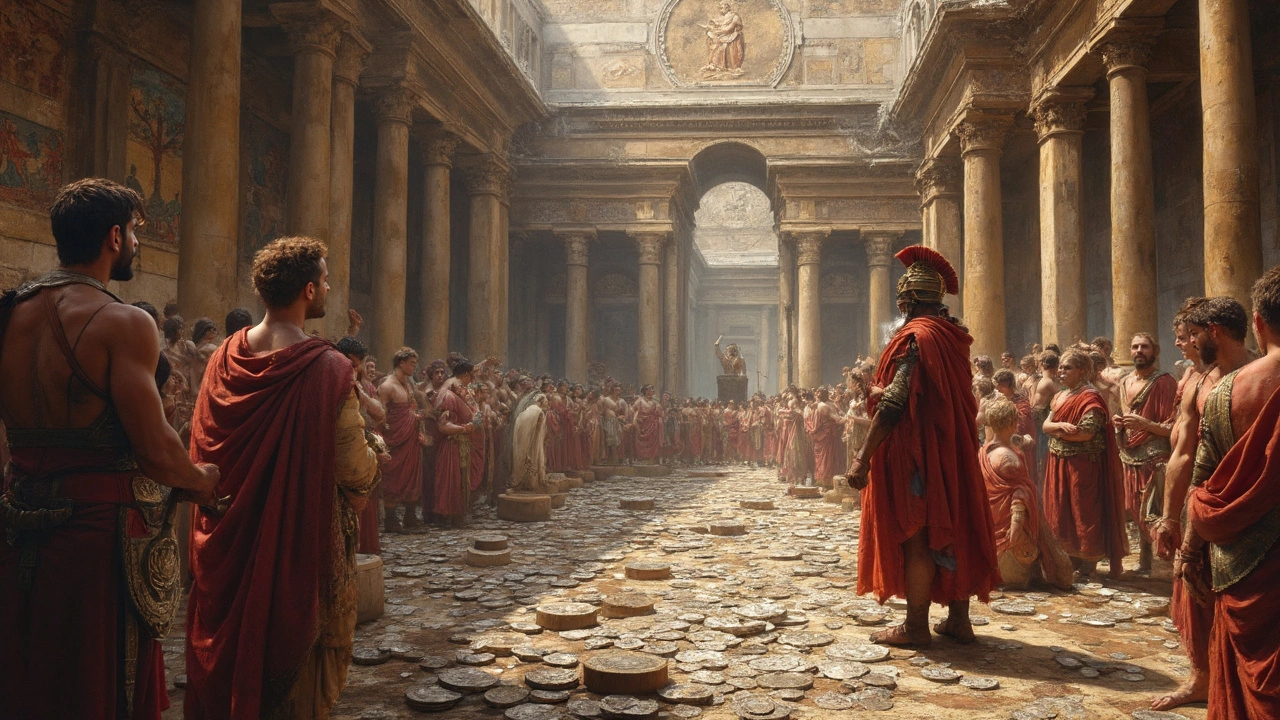History: The Impact of Roman Mints on Empire and Economy
Roman mints weren’t just places where coins were made; they were central to controlling the empire’s economy and spreading messages about who was in charge. Starting way back in the Roman Republic and stretching all the way through the Byzantine era, these mints helped the government manage money and announce new emperors to the people. Sounds simple, but the story behind those coins is pretty fascinating.
What made Roman mints stand out was their power to shape trust in the economy. Coins from these mints started as solid silver but gradually shifted to cheaper metals, reflecting the empire’s changing financial health. Imagine trusting a coin less because its metal isn’t what it used to be—this shift affected everyday trade and even how people viewed the emperor’s strength and stability.
Coins as Messages from the Empire
Each coin wasn’t just money; it carried images and words that acted like Instagram posts for the times, announcing new rulers and big victories. For example, when a new emperor took power, the mint would quickly produce coins with his face and slogans to make sure everyone knew who was running the show. It was an ancient form of PR, helping the emperor build legitimacy and keep control over far-flung parts of the empire.
Legacy of Roman Minting
Believe it or not, the way Roman mints worked still influences how money is made today. The careful design, the use of coins to spread messages, and managing the metal content have all left a mark on how modern currencies operate. So, understanding these ancient mints gives us a window into both the past and how our money system evolved.
If you like to think about how something as everyday as a coin tells stories bigger than just cash, Roman mints are a perfect example. They weren’t just making change; they were changing the way an empire communicated, controlled the economy, and shaped history.






